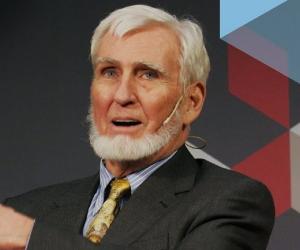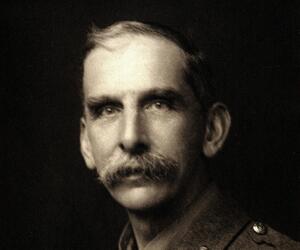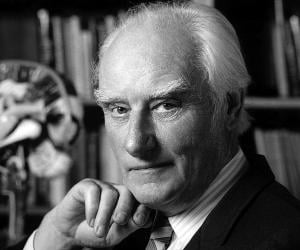Nobel Prize-winning British biophysicist Francis Crick is best known for his ground-breaking work to determine the structure of the DNA, along with James Watson, Maurice Wilkins, and Rosalind Franklin. He taught at various institutes, such as the Salk Institute, and was also awarded the Order of Merit.

Considered a pioneer in her field, centenarian neuropsychologist Brenda Milner is known for her immense contribution to clinical neuropsychology. Especially known for her work on memory and cognition, she has contributed immensely to the study of temporal lobe. Her papers on the frontal lobes in problem-solving and the lateralization of hemispheric function in language are also highly regarded by scholars.

John O'Keefe is an American-British neuroscientist and psychologist. He is best known for his discovery of place cells in the hippocampus. Along with May-Britt Moser and Edvard Moser, he won the Nobel Prize in Physiology or Medicine in 2014. He is also the recipient of several other awards. He spent his entire academic career at the University College London.

Apart from being a successful scientist with a focus on neurodegenerative diseases such as Parkinson's disease and Alzheimer's disease, Susan Greenfield teaches pharmacology at the Lincoln College, Oxford. She is also part of the House of Lords and has penned a sci-fi novel. She supports causes such as Dignity in Dying, too.

British neurosurgeon Victor Horsley created history when he conducted the first spinal tumor operation. His research also included studies on thyroid and rabies. He was also knighted for his achievements but died of a heat stroke while serving the British army’s medical team during World War I.


